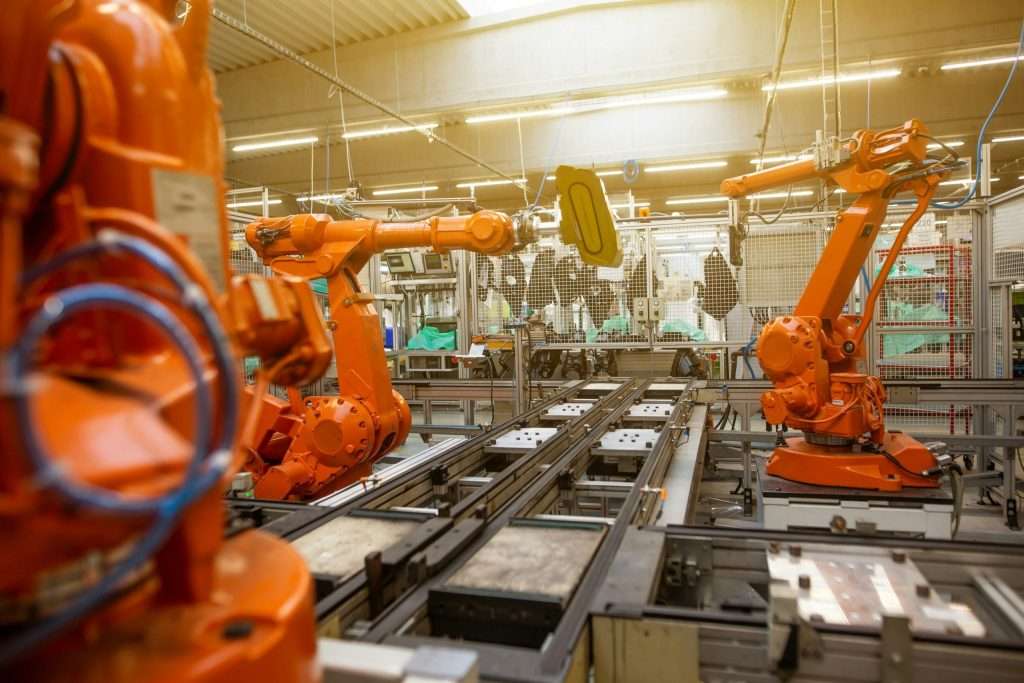The integration of collaborative robotics in case picking processes is transforming warehouse efficiency, addressing labor shortages, and optimizing operational workflows.
The Evolution of Case Picking
Case picking is a critical component in the supply chain, enabling the organized and efficient movement of products. In distribution centers, it involves the selection of full cases to fulfill bulk orders, a process traditionally done manually. However, manual case picking is labor-intensive and often inefficient, with workers spending a considerable amount of time traveling and searching for items, as well as completing paperwork.
Automated Solutions to Manual Challenges
The warehousing industry is facing a labor shortage, and the manual nature of case picking is contributing to this issue. Collaborative mobile robots, or Autonomous Mobile Robots (AMRs), offer a solution by working alongside human pickers to streamline tasks and reduce the time spent on non-value-added activities.
Key Benefits of Collaborative Robotics
- Efficient Routing and Navigation: AMRs utilize advanced algorithms to optimize travel routes, reducing unnecessary movement and congestion in the warehouse.
- Human-Robot Collaboration: AMRs assist human pickers by transporting selected items autonomously, allowing workers to focus on more skilled tasks and reducing waiting times.
- Dynamic Assistance: Operating on a free-floating policy, AMRs can adapt to changing demands, providing assistance where it’s most needed without fixed assignments.
- Optimized Warehouse Layout: By evaluating different warehouse layouts and implementing cross-aisles, travel time can be reduced, and efficiency can be further improved.
Collaborative robots bridge the gap between labor-intensive manual case picking and rigid, costly automated systems. They offer a flexible, efficient alternative that not only increases productivity but also futureproofs warehouses against labor shortages and operational challenges. As the supply chain evolves, embracing collaborative robotics is not just a matter of efficiency but a strategic move to maintain a competitive edge in a rapidly changing industry.







